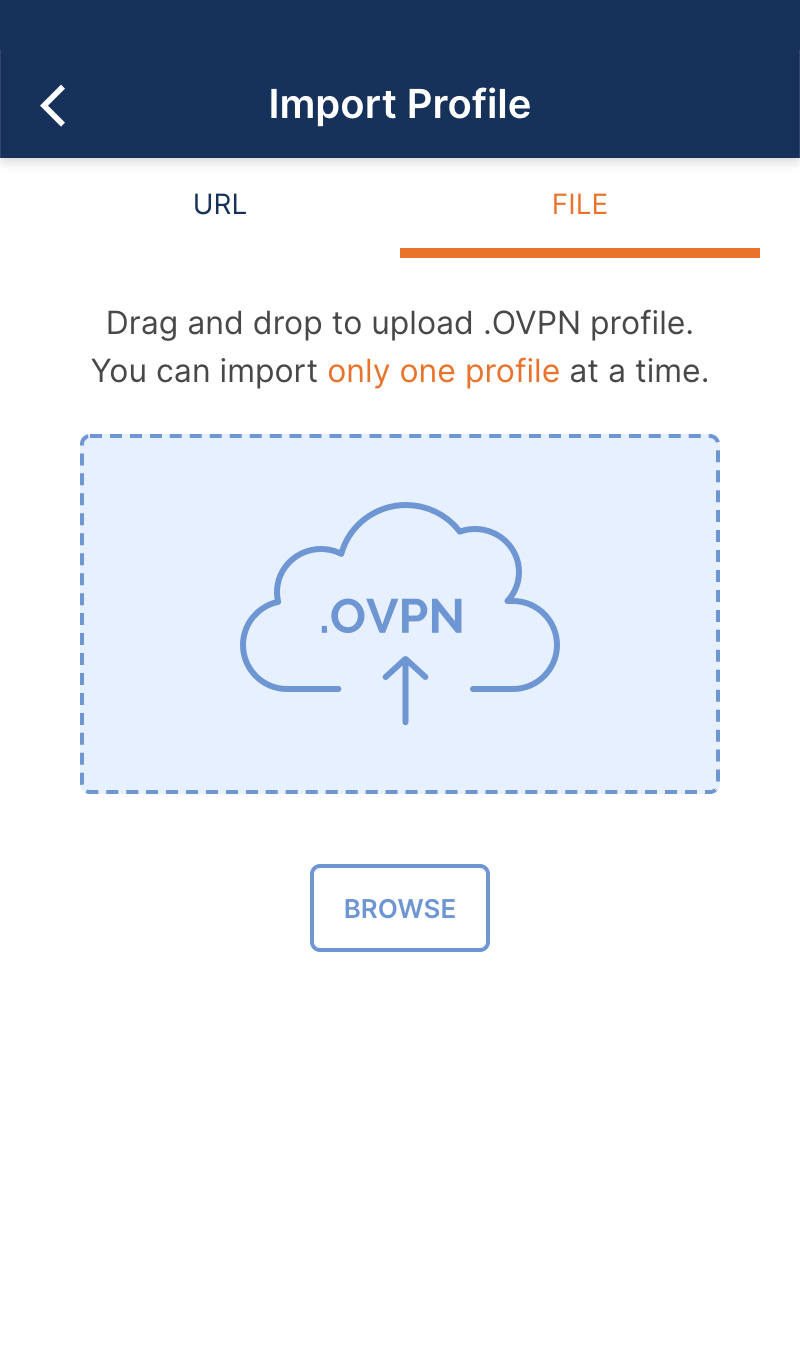
For this reason, this guide assumes that your CA is on a separate Ubuntu 20.04 server that also has a non-root user with sudo privileges and a basic firewall enabled. Per the official OpenVPN documentation, you should place your CA on a standalone machine that’s dedicated to importing and signing certificate requests. Note: While it is technically possible to use your OpenVPN Server or your local machine as your CA, this is not recommended as it opens up your VPN to some security vulnerabilities. After executing the steps from the Initial Server Setup Guide on this server, you can follow steps 1 to 3 of our guide on How To Set Up and Configure a Certificate Authority (CA) on Ubuntu 20.04 to accomplish that.

One Ubuntu 20.04 server with a sudo non-root user and a firewall enabled.For this reason, please be mindful of how much traffic your server is handling. Note: If you plan to set up an OpenVPN Server on a DigitalOcean Droplet, be aware that we, like many hosting providers, charge for bandwidth overages. In this tutorial, you will set up OpenVPN on an Ubuntu 20.04 server, and then configure it to be accessible from a client machine.

OpenVPN is a full featured, open-source Transport Layer Security (TLS) VPN solution that accommodates a wide range of configurations. You can circumvent geographical restrictions and censorship, and shield your location and any unencrypted HTTP traffic from untrusted networks. When combined with HTTPS connections, this setup allows you to secure your wireless logins and transactions. It gives you the freedom to access the internet safely and securely from your smartphone or laptop when connected to an untrusted network, like the WiFi at a hotel or coffee shop. A Virtual Private Network (VPN) allows you to traverse untrusted networks as if you were on a private network.


 0 kommentar(er)
0 kommentar(er)
